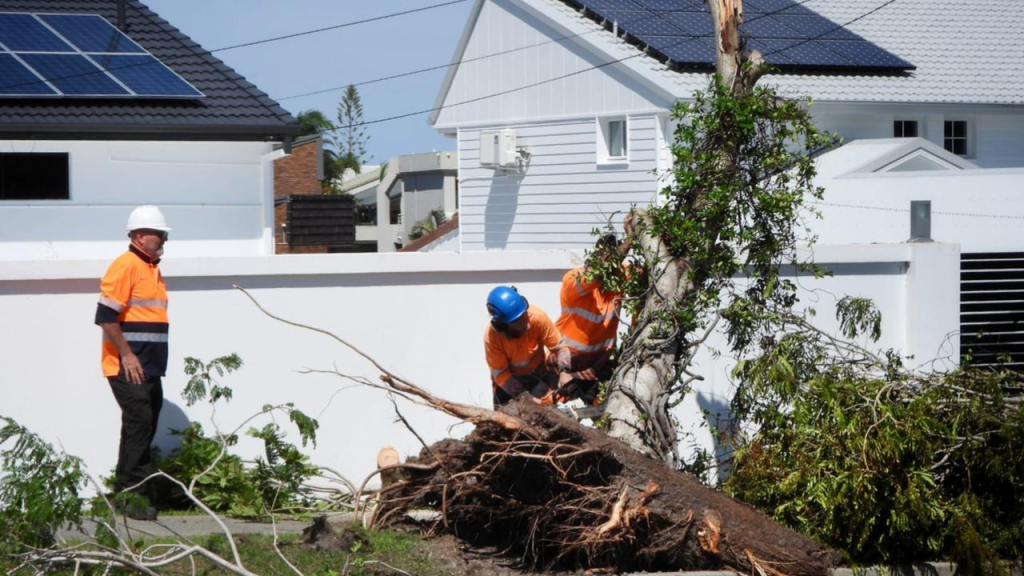From 1 July 2025, a proposed new tax will apply to future earnings on super balances above $3m. Based on what we know to date, what can you expect if you’re likely to find yourself in this situation?
The proposed tax on superannuation earnings is not yet law. What we know so far is that the Government intends to impose a 30% tax on future superannuation fund earnings where a member’s total superannuation balance (TSB) is above $3m. That is, if your superannuation and pension balances are above $3m from 1 July 2025, an additional new tax (15%) will apply to some of these members’ super fund “earnings”, on top of the taxes already paid by the super fund itself.
This will mean that a tax liability will arise if the value of fund assets increases even if they are retained.
There are nuances of course but, in a nutshell, the tax due to come in from 1 July 2025, has three parts.
- Earnings
First, it’s necessary to work out a member’s superannuation “earnings”. Earnings for this purpose will be anything other than “new money” e.g contributions that make the member’s super balance increase.
It will include all the things normally taxed, like interest, rent, dividends and trust distributions. It will also include additional items not normally taxed that make a member’s account balance go up, like growth in the fund’s investments. Tax is usually paid on this growth only when the asset is sold. Growth in assets that haven’t been sold is called “unrealised capital gains”. Normally, unrealised gains are not taxed because they could disappear tomorrow if the asset goes back down in value. While the new tax doesn’t specifically target unrealised capital gains, the fact that it taxes anything that makes a member’s super account go up means it happens by default.
In addition, tax will be paid on growth in super fund investments but there’s no tax refund for super accounts that later go backwards because the fund’s investments have gone back down in value. All those members will get is a loss they can carry forward to reduce this new tax in future. This sounds a bit rough, particularly if they no longer have $3 million in super. They’ll never “get back” the tax they paid on income they never received.
2. Tax ratio
The second part of the new tax is that not all the “earnings” will get taxed at 15 per cent. Instead, tax will be paid on just a percentage of the earnings. The percentage depends on how much of the super balance exceeds the $3 million threshold at the end of each year. For example, someone with $4 million in super is $1 million over the threshold. This is 25 per cent of their super, so only 25 per cent of their earnings will be taxed at an extra 15 per cent.
Let’s look at an example. Sally’s super balance was $3.5 million on 30 June 2025 and $4 million on 30 June 2026 (the end of the first year). During the year, she didn’t take out any benefits or add any new contributions; the $500,000 growth came from investment income (less tax and expenses paid by the super fund) and growth in her fund’s investments. Her superannuation “earnings” for this tax would be $500,000. Only 25 per cent of those earnings ($125,000) would be taxed, because only 25 per cent of her $4 million super balance is over $3 million.
That means her new extra tax bill would be $18,750 (15 per cent of $125,000), on top of whatever taxes her super fund has already paid.
- Who gets the bill
While it relates to super, the bill goes to the individual. There will also be mechanisms to let people pay the bill from their super if they want to. Perhaps what many people don’t realise yet is they can’t reduce this with large tax deductions they might be entitled to personally. They’ll pay this tax at 15 per cent even if it’s higher than their usual income tax rate.
Since super funds already pay tax at 15 per cent, the government has described it as lifting the total tax rate to 30 per cent (15 per cent existing super taxes + 15 per cent new tax) on part of a member’s super fund earnings. But just adding the rates together is completely disingenuous. The two taxes are applied to completely different amounts of “income”.
So, what are people like Sally doing to prepare for the new tax?
The tax on future earnings on super balances over $3m is not yet law, so there is no need to act right now – if enacted, the new tax will impact on earnings from 1 July 2025. However, planning will be essential to risk protect your position.
If you hold significant property or other illiquid assets in your superannuation fund, for example a farm or commercial property, it is the increase in value that is pivotal. The potential tax on these assets will be a key factor in determining whether they remain a viable asset of your superannuation fund (but not the only reason).
If you are in this situation or feel you may be by 1 July, contact your Arabon accountant for a discussion around what strategies may be appropriate for you to consider at this time.






